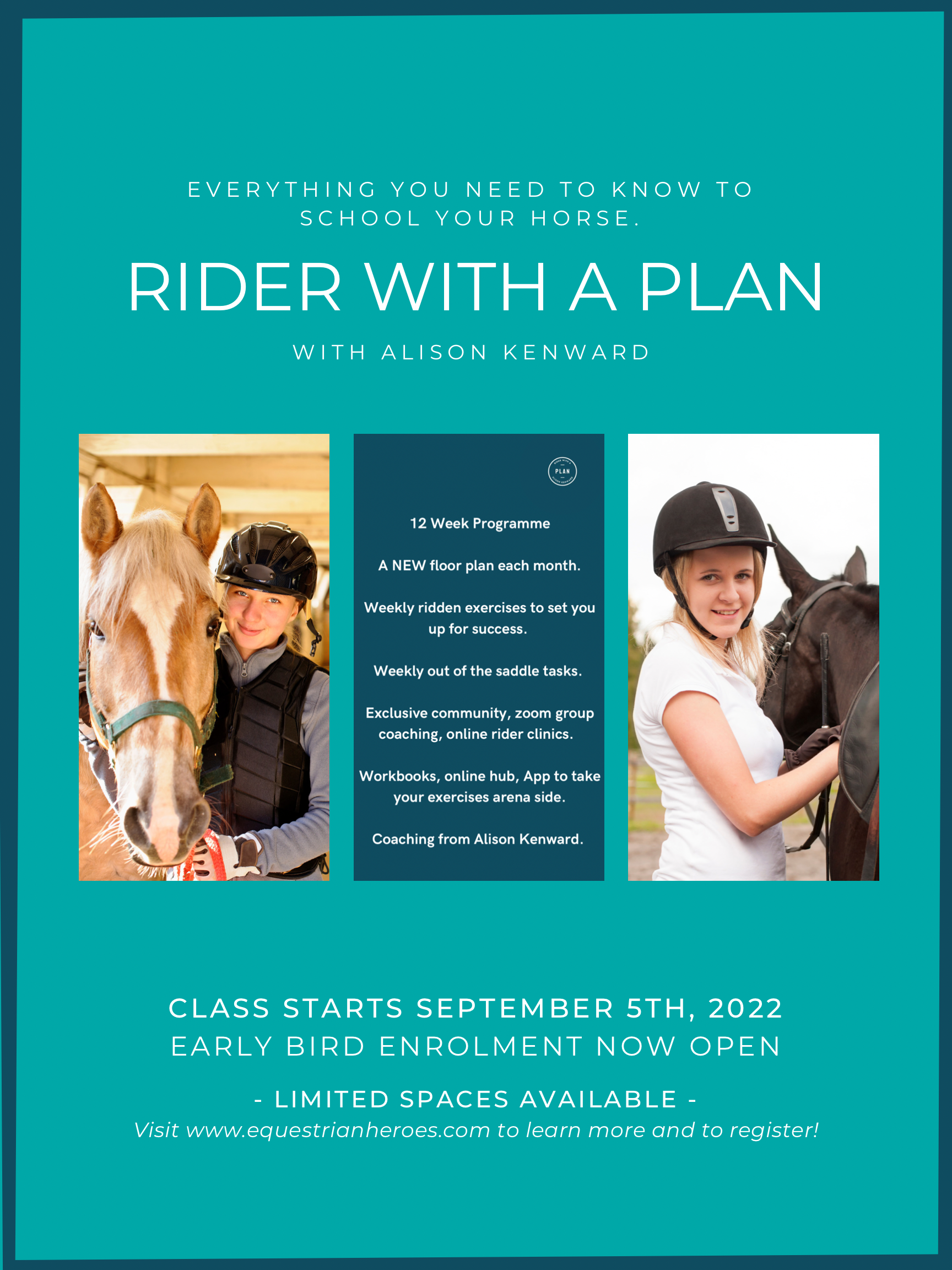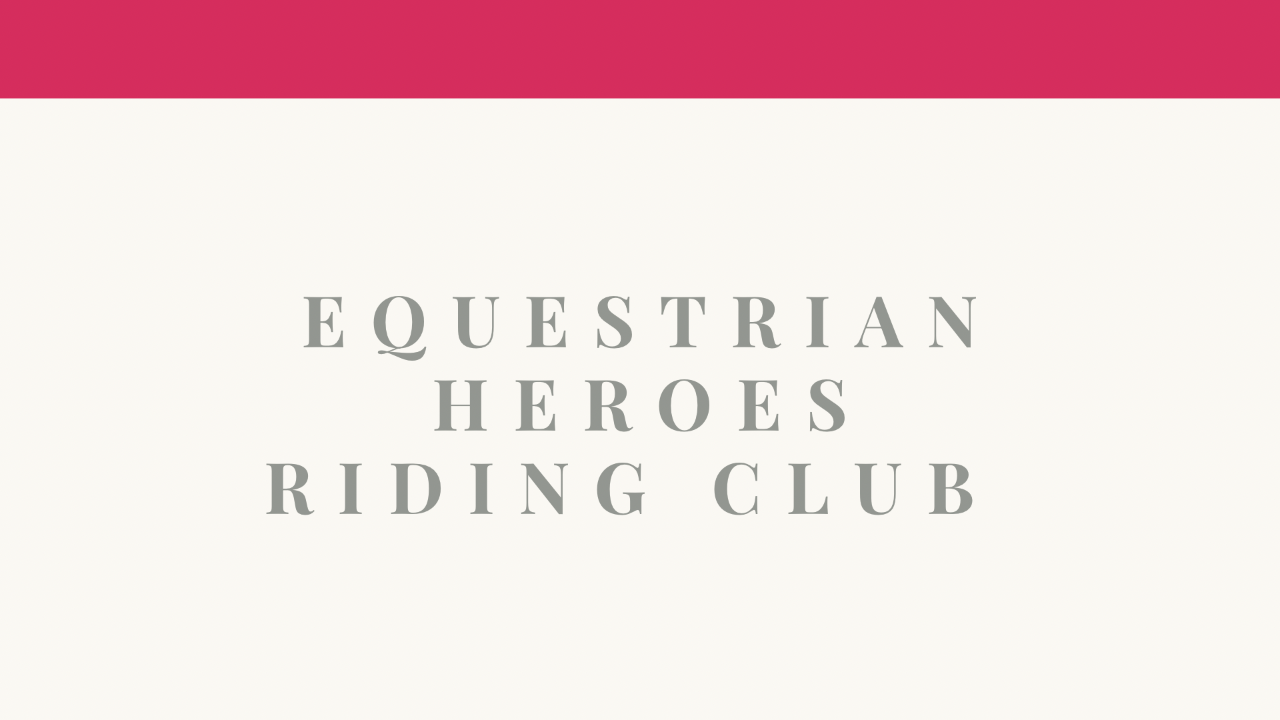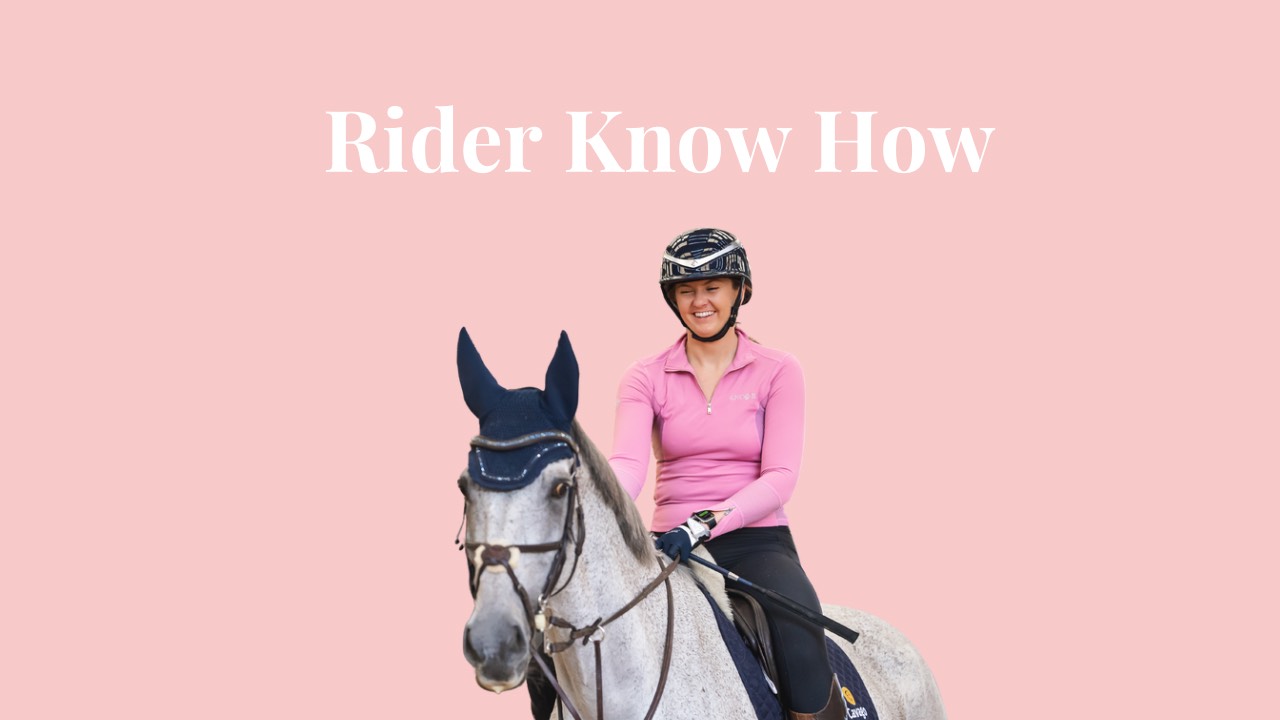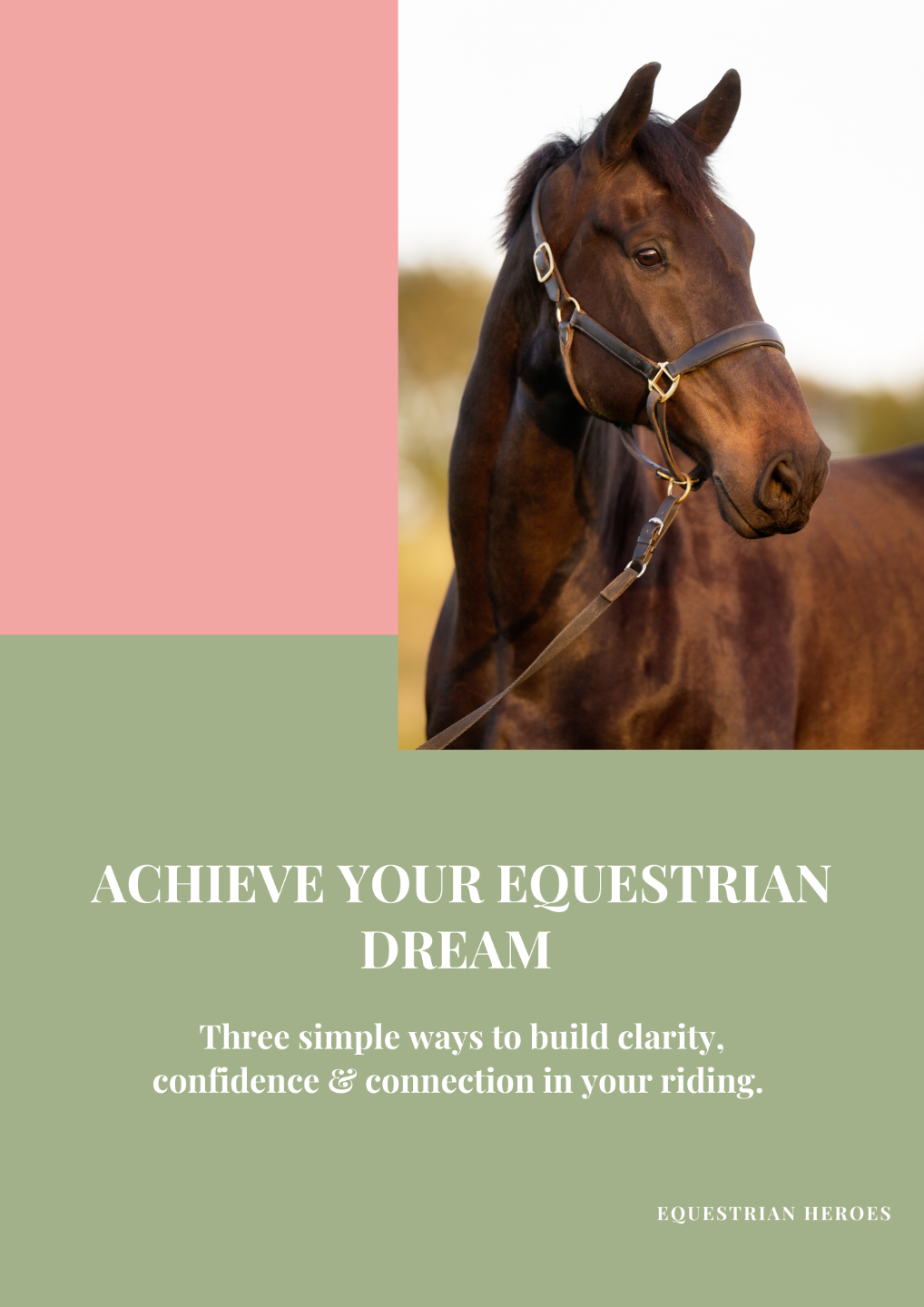5 Steps to track your Rider Progress
Jul 25, 2022
When it’s time for a schooling session our thoughts often turn to what we need to do to get better. It’s important that you think about the exercises your horse can do and include those early in the session to build confidence before you introduce the challenging ones. Try to remember that over time your expectations increase and it’s easy to fall in to the trap of judging yourself too harshly. It’s natural to want to do everything perfectly but this can get in the way of your partnership with your horse. Don’t be afraid of making mistakes rather look at what happened and why.
When you consider instead how far you have come and celebrate the small steps forwards, you get a much better picture of the progress you are making.
Read on for my 5 step process to build on your strengths and track your progress.
1 Practice the right way.
2 Record what you do in the session.
3 Reflect on your experiences.
4 Review what has been happening.
5 Repeat the process with your new information and awareness.
1 Practice the right way.
Warm up with a plan that is familiar and helpful to your horse. Your aim here is to check your communication with your horse and notice how they are feeling today. Your horse will be reading your energy too so this is a great time to check in with your rider headspace and to focus on you and your horse.
Begin the main part of your session with a favourite exercise and notice what’s going well. Notice your horse’s responses today. When you move on to the exercise that is new or perhaps more challenging find a way to link the pattern to the previous one so you are able to refresh your paces and your confidence. Think of it as dipping a toe into the learning zone with the comfort zone there to remind you both of your strengths. Remember to work equally on both reins and to include plenty of walk rest breaks and opportunities for stretching / relaxing.
Your cool down phase can include something you find easy to allow your both to relax and finish on a good note.
2 Record what you do in the session.
Keep a diary so that you can note your thoughts about the session. Try always to record 3 good things that happened or 3 positive thoughts or feelings about the session. Consider how your horse reacted today and how you worked together. Record what you did in the schooling session, what you noticed, what challenges you faced and how quickly you were able to regain focus and your horse’s attention on you.
There are different ways to keep a journal and it’s quite a personal record of your relationship with your horse. You might keep a handwritten journal or perhaps take digital notes. Voice notes can be useful to to capture how you felt after riding. I find there is a special element of reflection linked with hand writing. Experiment with what works for you.
3 Reflect on your experiences.
Reflection can take many forms and again it’s a personal choice how you work through this part of the process. Often it’s a bit like a joining the dots exercise. You might look at photos or videos and consider what you are seeing. Link it to what you remember feeling or feedback you received. Sometimes there are lightbulb moments when you make a new connection and can see how and why things are happening.
You can reflect whilst you are doing something, for example whilst you are having a walk break thinking about what you are doing, you might make a connection and want to try a slightly different approach. Then there is active reflection after the session when you think about what happened, maybe going over your diary notes. Sometimes you can make a connection months or years after an event at the most unexpected moment.
4 Review what has been happening.
It’s a good idea to check in with yourself and look at what’s been happening lately. Look at the progress you have made and how things went when you introduced a challenge. Have you tested your training? Maybe you have competed with an online competition filmed in your arena or perhaps you have travelled to a competition?
A helpful way to test your progress can be to travel to a new arena or venue. Perhaps for a test riding clinic or clear round jumping competition. If you don’t have transport the online challenges are a great way to recreate the added pressure of a competition environment.
It’s handy to have video footage so you can compare what you felt to what you see and any feedback you have from a Judge or Coach. If you had a different feel to the tests comments you have valuable information to consider and discuss with your Coach. Where you agree with the test comments ( if not the marks ) you have incredibly valuable information. It’s important that you don’t change your training plan to try and please an individual Judge. It’s also important to look at what the Judge was seeing at that moment in time in relation to the training scales because this gives a great measure of performance on that particular day.
For jumping rounds it’s important to record your thoughts on ride-ability, rhythm, responses and technique over fences as much as the outcome of the rounds to plan things to work on.
I encourage all jump riders to include dressage tests as part of their flatwork schooling because it offers useful insight into the way of going. The better a horse is balanced the better they will perform and riding all of part of a test gives insights that can be overlooked in our general schooling sessions.
5 Repeat.
Now you are ready to come back to the start, the practice part, with new information. In real life you might complete several schooling sessions before you are testing your progress at an event however if you can keep your training diary up to date and record each session soon after it’s really helpful for later review and reflection. Of course the most important part of schooling is to have fun with your horse and sometimes I find that is a great measure of progress. Having fun tells me we are communicating and achieving things together. A question to ponder is, how do I know when my horse is relaxed and having fun?
Remember to enjoy training your horse and allow time to progress at a comfortable pace. Change happens slowly so by recording each session you will be able to reflect and feel good about your progress.
Would you like Coach support and guidance to plan your schooling programme so that you know what to do in the arena and which exercises and patterns to select and when?
Join my Rider With A Plan programme to learn how to create a personalised training plan. This is the course for horse riders who want to get better at schooling to improve their horse’s way of going.
Read more about the programme here. Do contact me if you have any questions about the course. I hope you will join the course and that I will meet you at the first online discussion group in September.




